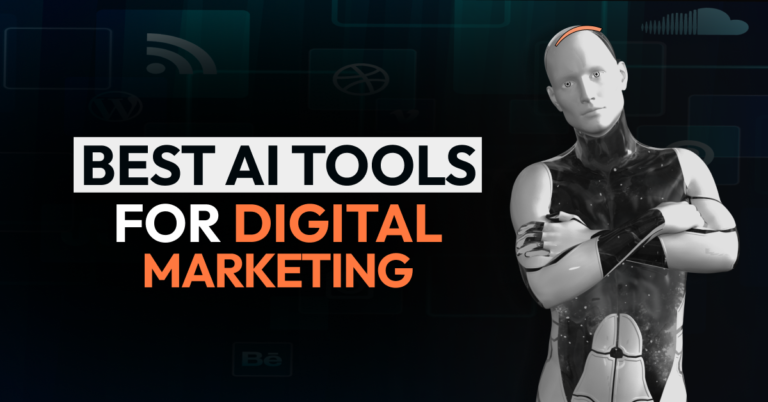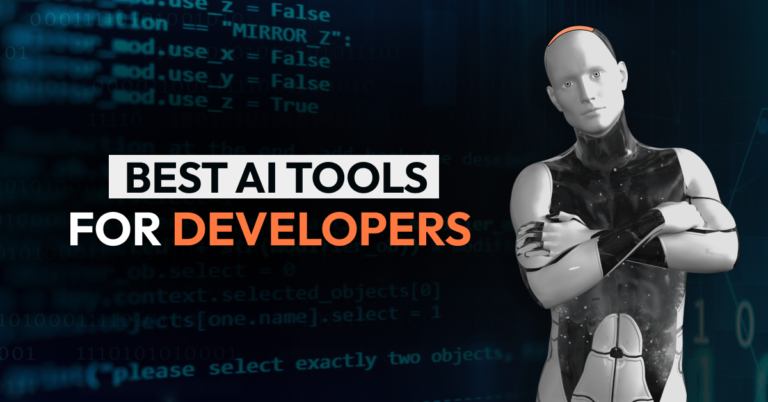Mustafa Suleyman, CEO of Microsoft’s new AI division, recently stirred controversy by claiming that anything published on the internet effectively becomes ‘freeware,’ available for use in training AI systems.

In a revealing interview with CNBC’s Andrew Ross, Suleyman addressed the contentious issue of intellectual property in the digital age. When asked if AI companies have “effectively stolen the world’s IP,” Suleyman responded by highlighting a long-standing assumption about online content. This bold assertion suggests a dramatic shift in how AI companies, including Microsoft, Google, and OpenAI, perceive the use of online content.
“With respect to content that is already on the open web, the social contract of that content since the 90s has been that it is fair use. Anyone can copy it, recreate with it, reproduce with it. That has been freeware, if you like. That’s been the understanding,” he explained.
There’s a big debate about AI chatbots using online content without permission to train their models. Recently, companies like Microsoft, OpenAI, and others have been sued by organizations and publishers, accusing them of using copyrighted material without approval. This issue could shape future legal decisions on whether AI developers can use web content without explicit permission.
Suleyman discussed the future of data and AI, highlighting the growing importance of synthetic data as existing data becomes scarce. He mentioned a competition where AI systems outperformed radiologists in diagnosing cancer, showing AI’s potential to surpass human abilities through practical results.
Addressing concerns about the concentration of power in the tech industry, Suleyman acknowledged the dominance of major corporations like Microsoft, Google, and Amazon. He emphasized the need for a balanced approach to ensure that the benefits of AI are distributed widely and not concentrated among a few powerful entities
Suleyman’s comments highlight the complex and evolving relationship between AI development, intellectual property, and societal change, underscoring both the opportunities and challenges that lie ahead. As AI continues to advance, the debate over the ethical use of web content is sure to intensify, shaping the future of technology and its impact on society.






